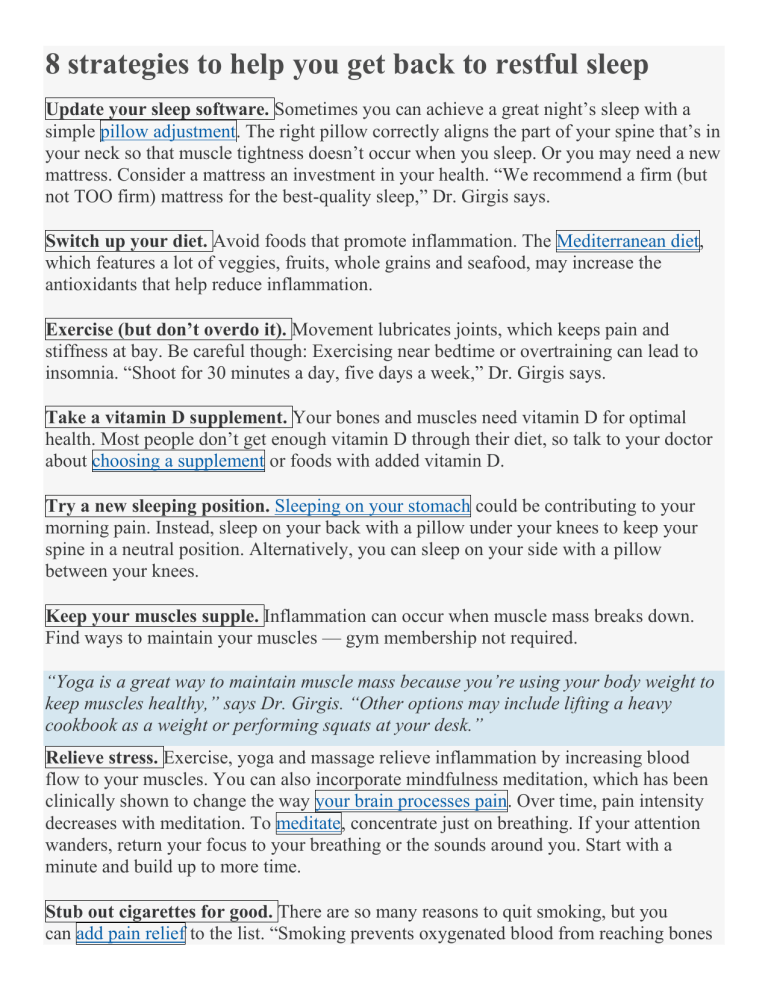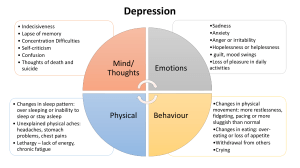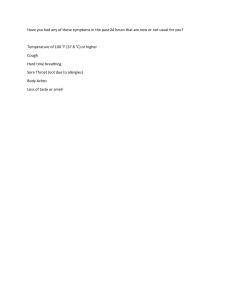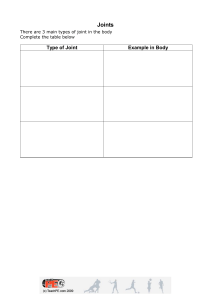
8 strategies to help you get back to restful sleep Update your sleep software. Sometimes you can achieve a great night’s sleep with a simple pillow adjustment. The right pillow correctly aligns the part of your spine that’s in your neck so that muscle tightness doesn’t occur when you sleep. Or you may need a new mattress. Consider a mattress an investment in your health. “We recommend a firm (but not TOO firm) mattress for the best-quality sleep,” Dr. Girgis says. Switch up your diet. Avoid foods that promote inflammation. The Mediterranean diet, which features a lot of veggies, fruits, whole grains and seafood, may increase the antioxidants that help reduce inflammation. Exercise (but don’t overdo it). Movement lubricates joints, which keeps pain and stiffness at bay. Be careful though: Exercising near bedtime or overtraining can lead to insomnia. “Shoot for 30 minutes a day, five days a week,” Dr. Girgis says. Take a vitamin D supplement. Your bones and muscles need vitamin D for optimal health. Most people don’t get enough vitamin D through their diet, so talk to your doctor about choosing a supplement or foods with added vitamin D. Try a new sleeping position. Sleeping on your stomach could be contributing to your morning pain. Instead, sleep on your back with a pillow under your knees to keep your spine in a neutral position. Alternatively, you can sleep on your side with a pillow between your knees. Keep your muscles supple. Inflammation can occur when muscle mass breaks down. Find ways to maintain your muscles — gym membership not required. “Yoga is a great way to maintain muscle mass because you’re using your body weight to keep muscles healthy,” says Dr. Girgis. “Other options may include lifting a heavy cookbook as a weight or performing squats at your desk.” Relieve stress. Exercise, yoga and massage relieve inflammation by increasing blood flow to your muscles. You can also incorporate mindfulness meditation, which has been clinically shown to change the way your brain processes pain. Over time, pain intensity decreases with meditation. To meditate, concentrate just on breathing. If your attention wanders, return your focus to your breathing or the sounds around you. Start with a minute and build up to more time. Stub out cigarettes for good. There are so many reasons to quit smoking, but you can add pain relief to the list. “Smoking prevents oxygenated blood from reaching bones and tissues,” says Dr. Girgis. “It also limits the exchange of oxygen and carbon dioxide in your blood, making the blood quality lower. The result is weakened muscles.” “Iron levels naturally drop after a menstrual cycle, and even a small decrease can cause body aches, fatigue, irritability, and brain fog,” says Mandal. Check your iron levels with your doctor, and boost them either with iron-rich foods —like red meat, shellfish, and legumes — or a daily iron supplement. Is this cause for concern? Body aches are a common symptom of many conditions. The flu is one of the most well-known conditions that can cause body aches. Aches can also be caused by your everyday life, especially if you stand, walk, or exercise for long periods of time. You may just need rest and some treatment at home to relieve your body aches. But some aches, especially ones that last a long time, may mean that you have an underlying condition. In these cases, you may need to see your doctor for a diagnosis. They can create a long-term treatment plan to can relieve your aches and other associated symptoms. Keep reading to learn more about what may be causing your symptoms. 1. Stress When you’re stressed out, your immune system can’t control its response to inflammation as well. As a result, your body can’t fight off infections or sickness as well as it usually can. This can cause your body to ache as it becomes more susceptible to inflammation and infection throughout your body. Watch out for other symptoms of stress and anxiety, such as: abnormally high heart rate increased blood pressure hot flashes or cold sweats hyperventilating abnormal physical shaking headaches, such as tension headaches or migraines If you think stress is causing your body aches, make small changes to your daily lifestyle to reduce your stress as much as possible. Try these steps: Meditate for a few minutes per day. Focus on your breathing and take your mind off the people or events causing you stress. Take a walk or leave a stressful environment to remove yourself from triggers. Share your feelings of stress with someone you trust to help articulate the cause of your stress. If you’re losing sleep over stress, try relaxation techniques before bed or take short naps throughout the day to refresh yourself. 2. Dehydration Water is an essential ingredient for your body’s normal and healthy functioning. Without it, your body can’t properly perform many of its important processes, including breathing and digestion. When you become dehydrated and these processes don’t work well, you can feel physical pain as a result. Other symptoms of dehydration include: dark urine dizziness or disorientation exhaustion extreme thirst If you don’t drink enough water, especially on a hot or dry day, you can become dehydrated quickly. You should aim to drink about eight 8-ounce glasses of water every day, plus more if you’re physically active and sweating. If you’re dehydrated because of a condition like diarrhea, drink plenty of water until the episode passes. Drinking water or beverages with extra electrolytes can help keep you hydrated and replace the electrolytes lost to diarrhea, too. If you can’t keep water down, see your doctor right away or seek emergency medical help to make sure you don’t become severely dehydrated. 3. Lack of sleep Not getting enough sleep can impact your overall health. You need at least 6 to 8 hours of sleep every night, including the rapid eye movement (REM) sleep. Your body’s tissues and cells need proper sleep to stay healthy, and your brain needs it to stay refreshed and alert. Without it, your body doesn’t have the time to rest and replenish essential energies and processes. This can lead to pain. Other symptoms of sleep deprivation include: confusion or disorientation falling asleep during the day without realizing it trouble understanding when reading or listening to others trouble speaking properly trouble remembering things Try to establish a consistent sleep schedule every night. Your body needs to follow a daily rhythm, or circadian rhythm, to stay healthy. Try techniques to relax before bed, such as: drinking hot tea or other hot beverage meditating listening to music or a podcast having white noise in the room, such as from a fan 4. Cold or flu A cold and the flu are both viral infections that cause inflammation. These infections attack your body, and your immune system attempts to fight them off. Inflammation, especially in your throat, chest, and lungs, can be painful. The rest of your body might ache, too, as your body works hard to fight the infection. Other common symptoms of a cold or flu include: sore throat hoarse voice sneezing or coughing thick, colored mucus headaches or earaches Getting rest, drinking plenty of water, and gargling with warm salt water to ease your throat pain can help your body get over a cold or the flu quickly. Over-the-counter medications, such as pseudoephedrine (Sudafed) and ibuprofen (Advil), can help relieve your symptoms and aches. If you have cold or flu symptoms for more than a few weeks, or if you can’t eat, drink, or breathe properly, see your doctor. They can help treat your infection. 5. Anemia Anemia happens when your body doesn’t have enough properly functioning red blood cells, so your body tissues can’t get enough oxygen. With anemia, many parts of your body can feel fatigued because they don’t get enough oxygen to remain healthy or to function properly. Other symptoms of anemia include: exhaustion abnormal heart rate dizziness or disorientation head or chest pain cold feet or hands pale skin Anemia has many causes. If you don’t have enough iron, folate, or vitamin B-12 in your system, taking a supplement for the deficiency may treat your anemia. If supplements don’t help, see your doctor for an examination and possible diagnosis so that you can treat the underlying condition. 6. Vitamin D deficiency Hypocalcemia, or a low blood calcium level, can happen when you don’t have enough vitamin D in your body. Many of your body’s important organs, such as your kidneys and muscles, rely on calcium to work properly. Your bones also need calcium to stay healthy. Without enough vitamin D to help you absorb calcium, you can feel aching in these organs and in your bones. Other symptoms include: body cramps muscle twitching or spasms dizziness or confusion numbness seizures 7. Mononucleosis Mononucleosis is best known as mono, also called “the kissing disease.” It’s an infection caused by the Epstein-Barr virus. It’s very contagious, and one of the most common symptoms is body aches. Aches and fatigue may be caused in a generalized fashion or from inflammation and swelling blocking your airway. Other symptoms include: extreme exhaustion swollen tonsils or lymph nodes rash sore throat fever 8. Pneumonia Pneumonia is a lung infection that can affect your whole respiratory system, which is responsible for your breathing, sweating, and other important functions. If you can’t breathe well, your body can’t get enough oxygen to keep your red blood cells and tissues healthy. This can cause aches and pain all over your body. Other symptoms include: coughing pain in your chest exhaustion nausea vomiting diarrhea shortness of breath hot flashes and cold sweats fever 9. Fibromyalgia Fibromyalgia is a condition where your entire body, including your muscles and bones, can feel exhausted, achy, and sensitive. The cause of fibromyalgia is uncertain, but stressful events such as physical trauma, surgery, and infections may trigger it. Other symptoms include: trouble sleeping sensitivity to light or sound stiffness, especially in the morning trouble remembering or thinking tingling sensations in your hands and feet 10. Chronic fatigue syndrome Chronic fatigue syndrome (CFS) is a condition that causes you to feel exhausted and weak, no matter how much rest or sleep you get. It often causes insomnia. Because your body doesn’t feel rested or replenished, CFS can also cause aches in the muscles and joints throughout your body. Other symptoms include: trouble sleeping sore throat headaches trouble remembering or thinking dizziness or confusion 11. Arthritis Arthritis happens when your joints become inflamed. This can be caused by: the cartilage around your joints breaking down, as in osteoarthritis infection in a joint autoimmune conditions that wear away the lining around your joints, such as rheumatoid arthritis or SLE These can all cause aches in your joints and limit your movement. Other symptoms of arthritis include: stiffness in your joints swelling, warmth, or redness around the joint not being able to move a joint all the way 12. Lupus Lupus happens when your immune system attacks the tissues around your body, including blood vessels, organs, and joints. Because of the damage and inflammation caused by this autoimmune condition, pain and aches in the body are common. Other symptoms include: exhaustion rash fever swelling or redness around joints seizures sensitivity to sunlight 13. Lyme disease Lyme disease is caused by the bacterium Borrelia burgdorferi spreading to your body through a tick bite. Aches are a common symptom, especially in your muscles and joints. If Lyme disease goes untreated, it can cause neuromuscular and joint conditions, such as arthritis and facial paralysis. Other symptoms include: exhaustion hot flashes and cold sweats fever headaches 14. Histoplasmosis Histoplasmosis is a fungal infection caused by airborne spores from the soil or the droppings of bats or birds. These are common around construction projects, farmlands, or caves, where large amounts of spores are released into the air. Body aches are a common symptom of histoplasmosis. Other symptoms include: chills fever chest pain headaches coughing 15. Multiple sclerosis Multiple sclerosis (MS) is thought to be an autoimmune condition. It’s a central nervous system condition in which the tissue around your nerve cells, called myelin, breaks down because of constant inflammation. The damage interrupts your nervous system’s ability to transmit sensations properly. As a result, you can feel aches, pain, tingling, or other abnormal sensations. Other symptoms include: weakness exhaustion blurry vision temporary or permanent blindness, typically in only one eye trouble walking or staying balanced trouble remembering or thinking





